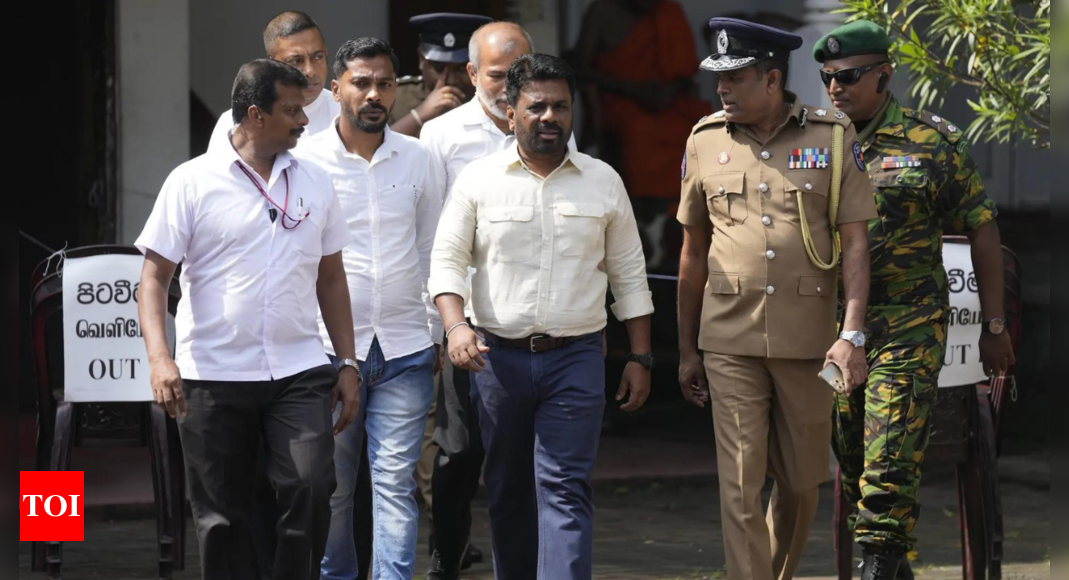Sri Lanka Heads Towards Uncertain Future as Parliament Elections Approach

Colombo, November 10 - The country is bracing itself for a crucial parliamentary election on November 14, in which the National People's Power (NPP) party, led by President Anura Kumara Dissanayake, seeks to secure a majority to implement anti-poverty and reform initiatives.
The election comes at a time when Sri Lanka is still recovering from its severe financial crisis that resulted in the removal of former President Gotabaya Rajapaksa in 2022. The NPP secured 42% of votes in September's presidential elections, securing Dissanayake the presidency, but now faces significant legislative hurdles.
To implement his policies, Dissanayake needs only 113 seats in the outgoing assembly, which is set to conclude on August 2025. However, his party currently has merely three parliamentarians, making coalition building a crucial aspect of his strategy.
The NPP competes against the United People's Power (Samagi Jana Balawegaya), led by former presidential candidate Sajith Premadasa, who secured second place in September's presidential elections. The opposition is reported to be struggling to regain ground following their losses, with many veteran politicians from the Sri Lanka Podujana Peramuna choosing not to participate.
The upcoming election has grabbed global attention due to its implications on Sri Lanka's fragile economic recovery. The country is implementing a $2.9 billion bailout program from the International Monetary Fund (IMF) after defaulting on external debt in 2022. If Dissanayake secures a majority, his administration may seek new avenues for economic partnership, potentially increasing cooperation with China and India.
While investors are watching closely, concerns have been raised that renegotiating the IMF terms could stall future disbursements and disrupt Sri Lanka's progress towards achieving a primary surplus target of 2.3% of GDP by 2025.
In the event of an NPP victory, it would mark the first time a leftist, Marxist-leaning coalition takes control of both the presidency and parliament in Sri Lanka. This could lead to significant changes in policy-making, potentially ushering in a more socialist approach to governance. Dissanayake's stance against traditional political corruption resonates with the public, who are weary of recent economic hardships.
However, if the NPP fails to secure a majority, Dissanayake will be plunged into a challenging coalition-building exercise, which may hinder his ability to implement policy reforms swiftly.
